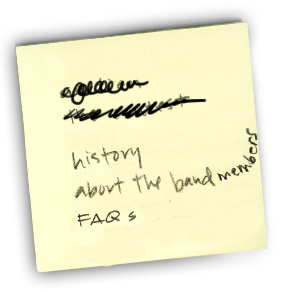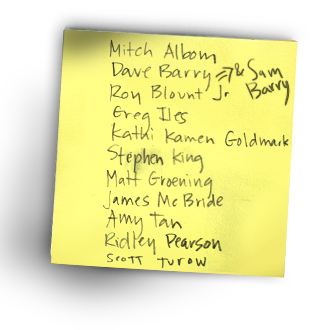







|
Scott Turow is a writer and attorney. He is the author of seven best-selling novels: Presumed Innocent (1987), The Burden of Proof (1990), Pleading Guilty (1993), The Laws of Our Fathers (1996), Personal Injuries (1999), Reversible Errors (2002) and Ordinary Heroes (2005). In November, 2006, Picador published his latest novel, Limitations, which was originally commissioned and published by The New York Times Magazine. He has also written two non-fiction books—One L (1977) about his experience as a law student, and Ultimate Punishment (2003), a reflection on the death penalty, and has frequently contributed essays and op-ed pieces to publications such as The New York Times, Washington Post, Vanity Fair, The New Yorker, Playboy and The Atlantic. Mr. Turow’s books have won a number of literary awards, including the Heartland Prize in 2003 for Reversible Errors and the Robert F. Kennedy Book Award in 2004 for Ultimate Punishment. His books have been translated into more than 25 languages and have sold more than 25 million copies world-wide. Mr. Turow continues to work as an attorney. He has been a partner in the Chicago office of Sonnenschein Nath & Rosenthal, a national law firm, since 1986, concentrating on white collar criminal defense, while also devoting a substantial part of his time to pro bono matters. In one such case, he represented Alejandro Hernandez in the successful appeal that preceded Hernandez’s release after nearly twelve years in prison – including five on death row – for a murder he did not commit. Scott Turow was born on April 12, 1949 in Chicago, Illinois. He graduated with high honors from Amherst College in 1970. That year, he received an Edith Mirrielees Fellowship to the Stanford University Creative Writing Center, which he attended from 1970-72. From 1972 to 1975, Mr. Turow taught Creative Writing at Stanford, as E.H. Jones Lecturer. In 1975, he entered Harvard Law School, graduating with honors in 1978. From 1978 to 1986, he was an Assistant United States Attorney in Chicago. He was one of the prosecutors in the trial of Illinois Attorney General William J. Scott, who was convicted of tax fraud. Mr. Turow was also lead government counsel in a number of the trials connected to Operation Greylord, a federal investigation of corruption in the Illinois judiciary. Mr. Turow has been active in a number of charitable causes, including Literacy Chicago. In 1997-98, he served as president of the Authors Guild, which is the national membership organization for professional writers, and continues to serve on its governing board. He is a Trustee of Amherst College. Mr. Turow has been appointed to a number of public bodies. He is currently a Member of Illinois' Executive Ethics Commission. From 2002-2004, he served as Chair of the Illinois State Appellate Defender’s Commission, which oversees the state agency which represents indigent criminal defendants in their appeals. He served as one of the fourteen members of the Commission appointed in March, 2000, by Illinois Governor George Ryan to consider reform of the capital punishment system; the Commission was appointed after Governor Ryan declared a Moratorium on executions and delivered its report in April 2002. From 2000 to 2002, Mr. Turow was a member of the Illinois State Police Merit Board, which determines matters of hiring, promotion and discipline for members of the Illinois State Police. He also has served in 1997 and 1998 on the United States Senate Nominations Commission for the Northern District of Illinois, which recommended appointment of federal judges. Mr. Turow lives outside Chicago.
|